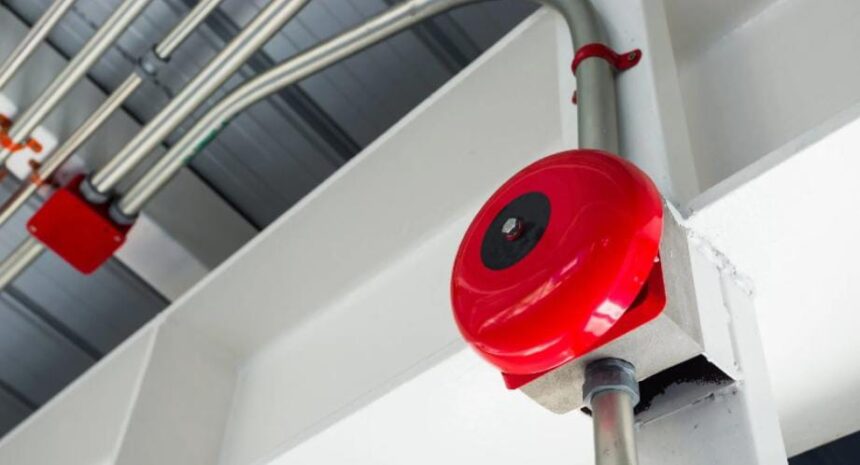Fire safety is a critical aspect of managing rental properties, ensuring the protection of tenants and compliance with regulations. Among the various measures landlords must take, obtaining a Fire Alarm Certificate Landlord and ensuring fire alarm compliance stands as a paramount responsibility. Let’s explore why adhering to fire alarm regulations is crucial for rental properties.
What is Fire Alarm Compliance?
Fire alarm compliance refers to meeting the legal requirements and standards set forth by local, state, and national authorities regarding fire detection and alarm systems in buildings. These regulations aim to enhance the safety of occupants by ensuring early detection of fires and prompt evacuation.
Ensures Tenant Safety
The primary reason for maintaining fire alarm compliance in rental properties is to safeguard the lives of tenants. Properly functioning fire alarms are essential in alerting residents to the presence of smoke or fire, giving them crucial time to evacuate safely. In emergencies, early detection can make a significant difference in preventing injuries and fatalities.
Legal Requirements and Regulations
Landlords have a legal obligation to adhere to fire safety regulations, which often mandate the installation, maintenance, and testing of fire alarm systems. Non-compliance can result in fines, penalties, or even legal liabilities if a fire-related incident occurs due to inadequate or non-functional alarms.
Types of Fire Alarm Systems
There are several types of fire alarm systems available, ranging from basic smoke detectors to more advanced systems that detect heat or carbon monoxide. The choice of system depends on factors such as the size of the property, occupancy type, and local regulations.
Responsibilities of Landlords
Landlords are responsible for ensuring that fire alarms are installed in accordance with applicable codes and standards. Regular inspection, testing, and maintenance are essential to ensure that alarms are operational at all times. This includes promptly addressing any issues or malfunctions that may arise.
Tenant Education and Awareness
Beyond installation and maintenance, landlords should educate tenants about fire safety protocols, including the location of fire alarms, evacuation routes, and the importance of responding promptly to alarm signals. Awareness campaigns can significantly enhance tenant cooperation and safety.
Conclusion
In conclusion, fire alarm compliance is not just a legal requirement but a crucial component of responsible property management in rental properties. By ensuring that fire alarms are installed, maintained, and regularly tested, landlords play a pivotal role in protecting the lives and property of their tenants. Beyond regulatory compliance, prioritizing fire safety enhances tenant satisfaction, reduces costs, and mitigates legal risks associated with fire-related incidents. Therefore, landlords should prioritize London Property Inspections as an integral part of their duty to provide a safe and secure living environment for tenants, If you want to stay updated with posts like this, please follow us on NEWS GENIUS.








